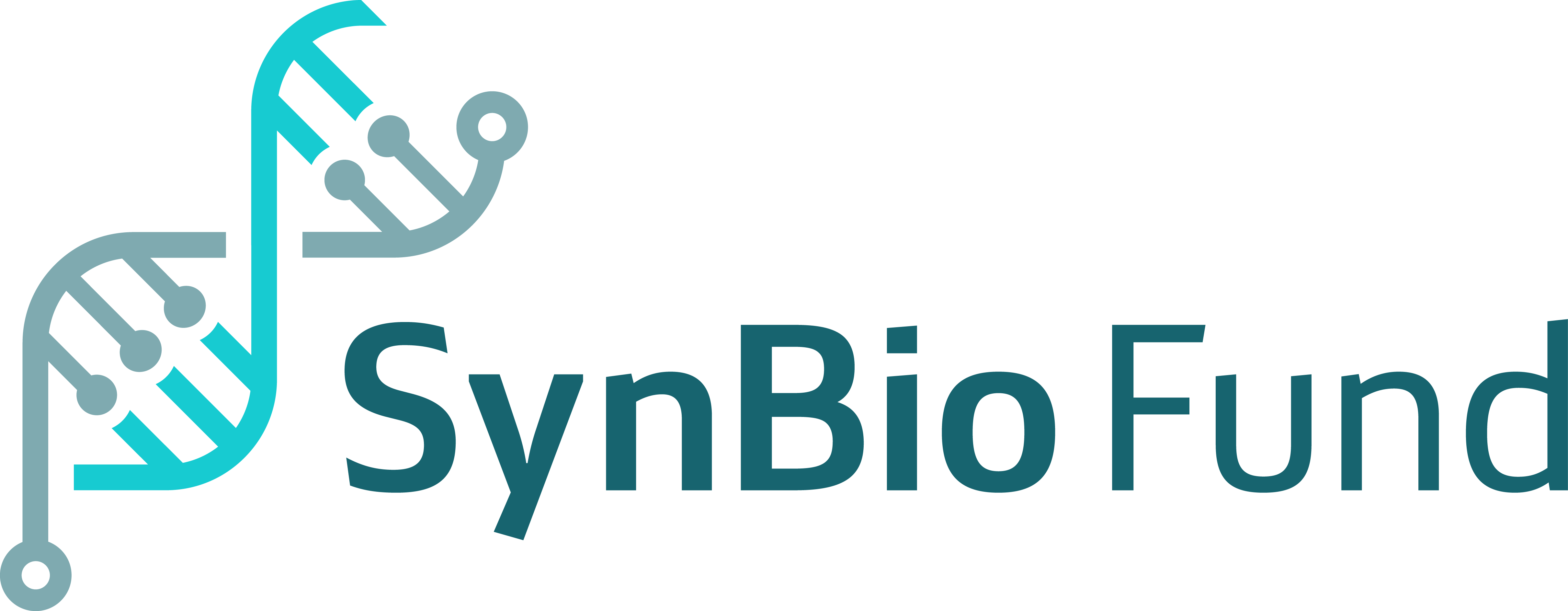
Submitted by Jenny Molloy on Mon, 03/07/2017 - 00:13
SynBio Fund contributed to supporting an interdisciplinary team hoping to help synthetic biologists to optimise their experiment and the resulting CamOptimus software has now been published in the journal 'Microbiology'.
Problems in synthetic biology are complex, because biological systems often featuring multiple, interdependent parameters that can affect experimental results. For researchers, optimising their experimental designs to take account of these parameters is challenging - some approaches give impractical numbers of combinations to trial and most require specialist knowledge and difficult-to-use software. The CamOptimus team were supported by the SynBio Fund for work published this month in the journal Microbiology which addressed this problem through developing a simple-to-use and freely available graphical user interface (GUI) to empower a wider audience of experimental biologists to employ evolutionary algorithms in solving their optimisation problems.
Co-author Dr Duygu Dikicioglu stated "We developed the tool CamOptimus to meet our own needs for improving upstream processing of microbial systems employing artificial intelligence techniques. These tools worked nicely for us but we were aware that most of these methods are not really employed by experimental specialists. So we came up with the idea to develop a graphical user interface to make the tool more approachable." This has opened up a range of collaborations, including interdisciplinary interactions "the tool is now being employed in improving upstream processes of mammalian cultures. Also, the GaN Group in the Department of Material Science is currently testing the tool for improving their experimental design space. We are very excited about this, as it opens up a whole new field of application."
In the article, the team outlines their approach of exploiting a Genetic Algorithm to discover the subspace containing the optimal combination of parameters, then using a method called Symbolic Regression to construct a model that can evaluate the sensitivity of the experiment to each parameter under investigation. They go on to demonstrate the method using an example optimising culture conditions for the microbial production of a human protein.
The SynBio SRI congratulates the authors on this successful project and for making the software freely available online for the benefit of the synthetic biology community and other experimental researchers.
Read the full paper (Open Access):
Cankorur-Cetinkaya, A., Dias, J.M., Kludas, J., Slater, N.K., Rousu, J., Oliver, S.G. and Dikicioglu, D., 2017. CamOptimus: a tool for exploiting complex adaptive evolution to optimize experiments and processes in biotechnology. Microbiology.

